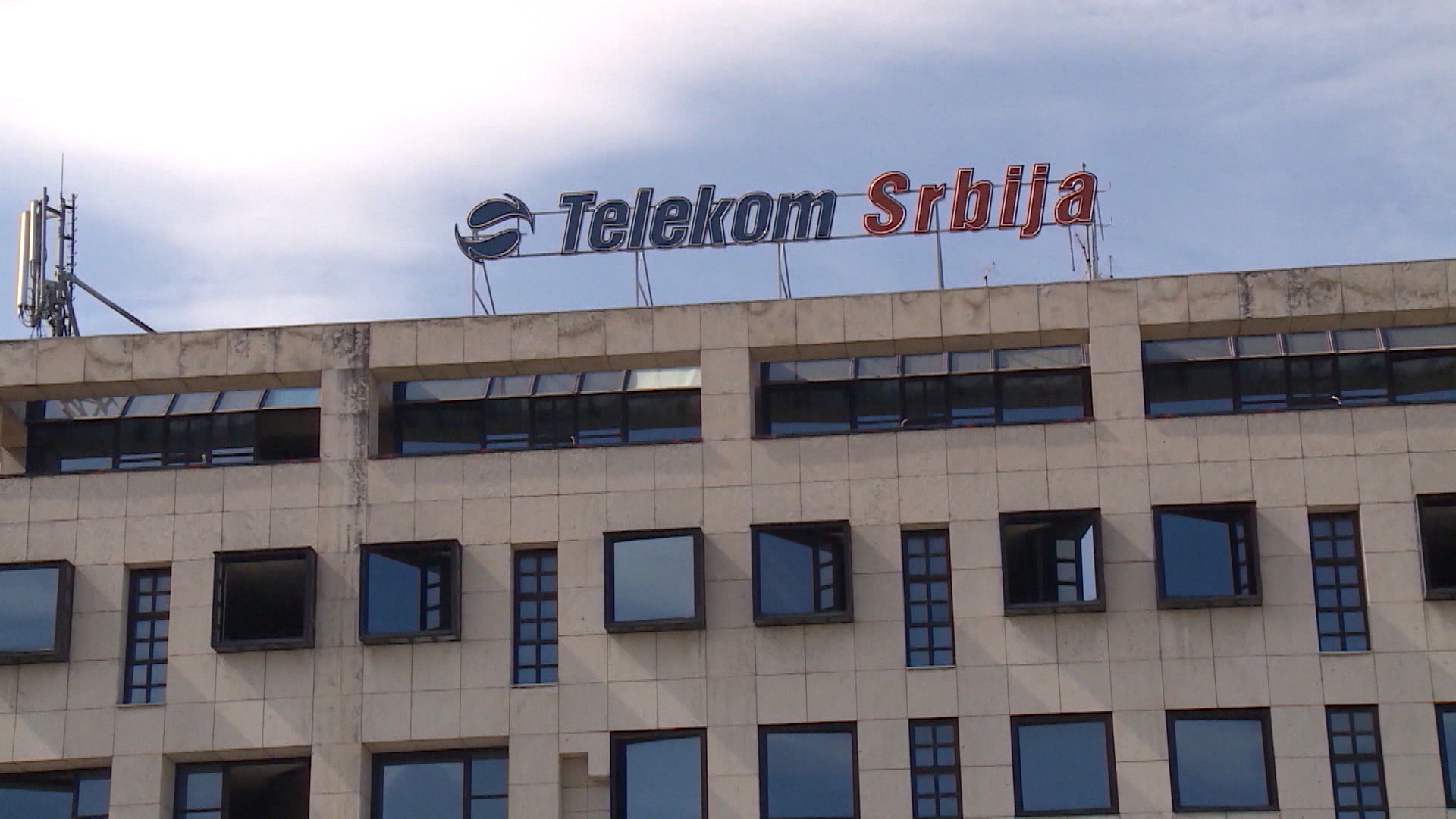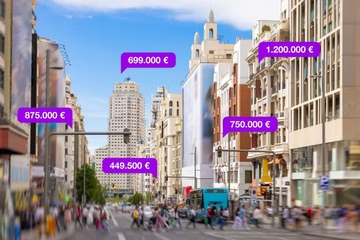
Telekom Srbija's assault on the Bosnian market continues. It is now more transparent than ever and it is happening when the creation of the 'Serbian World' is being talked about ever more loudly. Instead of firing a single bullet, huge numbers are fired for one reason only - because media influence on a person's attitudes and behaviour is enormous.
When N1 asked the local politicians, two years ago, whether they would react to the media offensive in BiH prepared by Serbian President Aleksandar Vucic, there was neither knowledge of it nor a reaction to it. Shortly afterwards, Telekom Serbia, through M:TEL, of which it is the majority owner, will become an undisputed ruler on the territory of Bosnia’s Republika Srpska (RS) entity, buying all the major telecommunications and cable operators, thus ensuring the absolute domination of M:TEL as a cable operator for television, internet and telephony in all major RS cities.
The politicians' comments on all of the above could be best summed by a statement of Bakir Izetbegovic, the leader of the Democratic Action Party SDA:
"It would be better if that didn't happen, but we can't prevent it. I have no other comment."
Meanwhile, Telekom Srbija, which is majority state-owned, has continued to grow in Serbia, strengthening in BiH as well. Huge amounts of money have been set aside for the rights to TV broadcasts of football matches. For the English Premier League alone, which will be broadcast on the Arena Sport channel from next season, €600 million were paid, which is ten times more than the rights previously paid by the United Group’s Sport Club.
Recalling that Telekom Srbija’s debt has increased from €300 million to almost one and a half billion euros, since 2017, it is hard to believe that economic motives are behind such moves. On the contrary.
According to Marko Milosavljevic, a Slovenian university professor, Telekom’s business decisions are a front for the political interests of the Serbian authorities and President Vucic who want to expand their influence across the region.
“Telekom Serbia, a state company, is being used like a weapon or tool to expand the political interests of the current Serbian government, like a Trojan horse used to enter the markets of the former Yugoslav republics, with primarily political motivation (…) You enter with sports programmes and then probably follow with other programmes,” he said,
All this indirectly strengthened the position of M:TEL in BiH, but also the regime channels in the RS with the national frequency, which, together with Serbian ones, are in the top twenty on M:TEL's list.
Those with the BiH prefix, or with headquarters in Sarajevo, are not even in the first fifty channels.
"There is no doubt that this is extremely dangerous, that the state leadership of Serbia is behind it and that the price for exercising influence is not being chosen, in this case in the region. Economic and then political interests are more easily attached to sports. "Serbia is obviously conquering the market with uncompetitive moves," Mehmed Halilovic, a journalist and former media ombudsman, told N1.
The news that Telekom Srbija has bought the rights to broadcast the English Premier League on Arena Sport channels did not provoke a fierce reaction only in the region.
Open Democracy, a famous British political portal that has been dealing with media freedoms since 2001, was among the first to speak out. In the text entitled " Game on for the Premier League in the Balkans?," the author analysed the situation saying that it is about Vucic's aggressive strategy in order to spread the regime's influence, and for which the key is attractive television content.
“The world’s most-watched football league could become the modern equivalent of the 1990s turbo-folk during (former Serbian President Slobodan) Milosevic’s regime: a colourful distraction from harsh political realities and human rights issues, just as the giant stages full of dancing singers in miniskirts helped to cover-up wartime atrocities. The question is, does the Premier League want to participate in this game,” the author asks.
But back to BiH where the Competition Council rejected all objections against M:TEL regarding monopoly in the RS entity, saying that the company has not crossed the 40 percent market share of the territory of BiH.
The BiH Law on Competition states that a monopoly, ie a dominant position, is held by an economic entity with a 40 percent or more share in the relevant market, but also that "concentrations of economic entities that result in significant distortion of effective market competition are prohibited," which was not taken into account.
Svetlana Cenic, until recently a member of the Supervisory Board of BH Telecom and former Minister of Finance in the RS Government, recalled:
"The RS Telecom was not privatized, but sold to another state, and that state practically controls absolutely everything on the territory of BiH’s Republika Srpska. That’s when Milorad Dodik and his government sold everything, down to the cable, even though part of the infrastructure could have remained in BiH. You are aware that their services are used by banks, for example. All this can be controlled from Belgrade. It obviously suits them, whether it suits the whole country is another issue."
Commenting on the work of the Council of Competition, which should primarily protect the interests of the state of BiH, Cenic said that:
"These are institutions that are governed by parties appointing their eligible ones, and we know very well how these parties trade and work more for the interests of neighbouring countries, so everything is acceptable to the Council of Competition."
As the director of Arena Channels Group, Nebojsa Zugic, admitted in a statement in which he commented on the “unjustified attacks on Telekom Serbia:
“Our goal is for the Arena to be watched in every household in the region. We are servants of our people and our country, which is developing and progressing in all spheres of health, economy, army and sports."
"But it is much more important that the parties claiming to have inherited the state-building policy, show striking disregard for this type of issue. The struggle for the state turns out to be just a series of phrases," political analyst Adnan Huskic noted.
In its latest progress report on Serbia, the European Parliament called for "convincing results," including effective investigations into several scandals of public importance. Among other things, the scandals of money misuse in the state company Telekom Srbija.
Kakvo je tvoje mišljenje o ovome?
Učestvuj u diskusiji ili pročitaj komentare





 Srbija
Srbija
 Hrvatska
Hrvatska
 Slovenija
Slovenija



























































